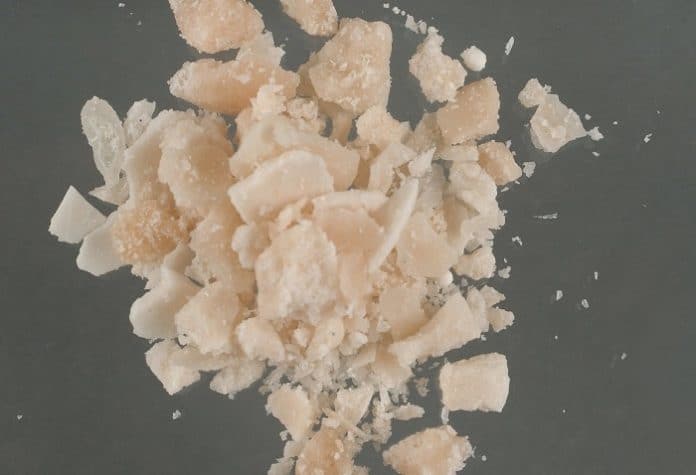Researchers from the BC Centre on Substance Use (BCCSU) in Canada believe the use of cannabis could reduce crack cocaine consumption among those dependent on the drug.
Crack cocaine is a free base form of cocaine. Smoking or injecting it triggers a short but intense high and is highly addictive. Aside from the illegal nature of the drug and all the negative effects that aspect involves, using it can trigger aggressive behaviour and psychosis. Long term use can lead to cardiovascular issues, cognitive decline, persistent psychosis, depression and anxiety.
The crack use history of 122 people using the drug were examined by the researchers, who observed reductions in the frequency of crack consumption following periods in which those involved reported consuming cannabis to control their crack intake.
Currently there are no effective pharmaceutical therapies for crack cocaine use.
“In the absence of effective therapies for crack dependence, our findings provide a foundation on which to explore the potential of cannabis to treat problematic substance use,” said Dr. Eugenia Socias, a physician and postdoctoral fellow at BCCSU.
The team’s findings, which were presented at the 2017 Harm Reduction International (HRI) Conference in Montreal, were similar to other smaller studies in Jamaica and Brazil. The Brazil study observed a 68% cessation rate among those using cannabis to get off crack.
While some might say replacing one drug of this nature with another is less than ideal, what needs to be weighed up is benefit vs. harm – whether it is a case of choosing a lesser of the “evils”; not just to benefit the addict, but also the wider community.
Cannabis looks set to play an increasing role in addressing substance abuse issues; particularly in helping to tackle the prescription opioid abuse epidemic in North America and elsewhere.
A number of studies have already linked opioid medication use reduction in U.S. states with medical cannabis laws. Last year we mentioned a report that stated 5.4% percent of people in states without such laws abuse their opioid medications; but the rate plummets to just 2.8% in states where medical cannabis is legal.
The largest harm reduction study ever undertaken involving opioids and cannabis is currently preparing to launch in Canada.


